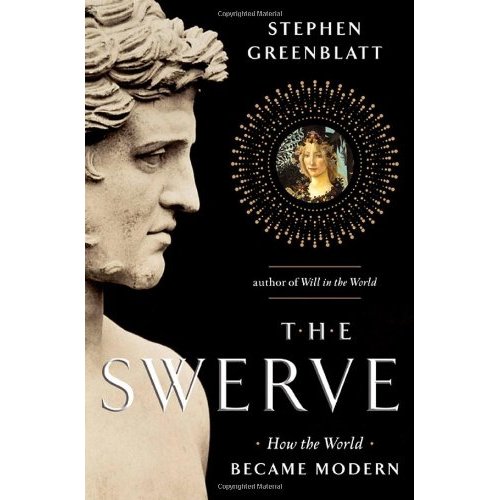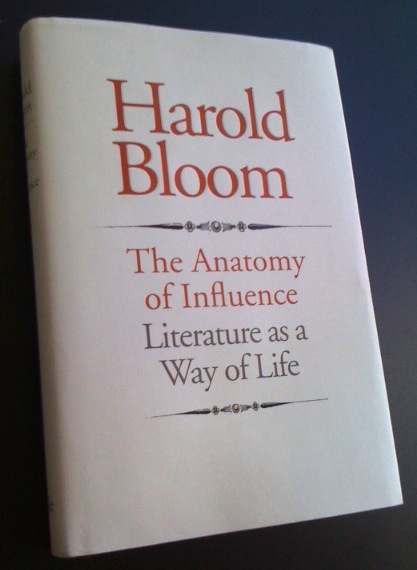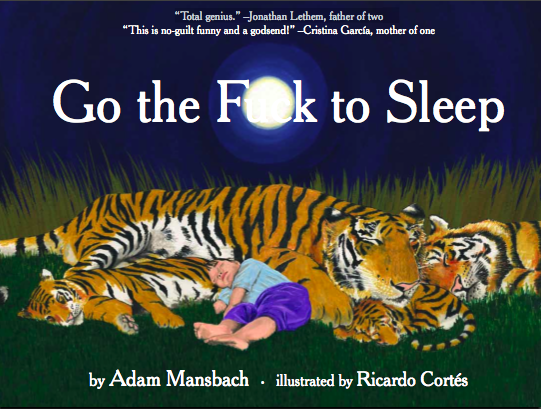
Adam Kirsch reviews Stephen Greenblatt’s new book on the Roman Epicurean philosopher Lucretius’ seven-and-a-half thousand line poem, De rerum natura, in which he claims that its rediscovery made the world “modern.”
Kirsch observes:
When Lucretius was rediscovered—ironically enough, in a monastery library—in 1417, by the Italian humanist Poggio Bracciolini, Greenblatt imagines the moment as the birth of the Renaissance: “There were no heroic gestures, no observers keenly recording the great event for posterity, no signs in heaven or on earth that everything had changed forever. A short, genial, cannily alert man in his late thirties reached out one day, took a very old manuscript off a library shelf, saw with excitement what he had discovered, and ordered that it be copied. That was all; but it was enough.”
In fact, of course, it was not nearly enough. Greenblatt knows that any such claim for De rerum natura is absurdly overblown—“one poem by itself was certainly not responsible for an entire intellectual, moral, and social transformation,” he grants early on. Yet the subtitle of the book is “How the World Became Modern,” and the implied answer is that it became modern by reading Lucretius and learning to think like him. Greenblatt’s brief final chapter, “Afterlives,” does show that De rerum natura influenced on some seminal modern writers, including Montaigne, whose annotated copy of the poem was discovered in 1989. More often, however, what Greenblatt finds is not so much direct influence as a general similarity of outlook—as when he associates Lucretius’s materialism with Galileo’s, or his rational hedonism with Jefferson’s “pursuit of happiness.” To say that “the atoms of Lucretius had left their traces on the Declaration of Independence” seems at best poetic license.
A more important problem with The Swerve is that Greenblatt’s account of Epicureanism makes it sound rather more consoling than it really is. Greenblatt dwells at length on the way Lucretius’s thoroughgoing materialism cleanses the human conscience of specters like “religious fanaticism” and “ascetic self-denial” and “dreams of limitless power.” “In short,” he writes, “it became possible—never easy, but possible—in the poet Auden’s phrase to find the mortal world enough.” Yet this is not only not easy. The worldview Lucretius proposes—atoms and void and nothing else—is the very one that has driven many other modern writers to despair and rebellion. From Leopardi to Kierkegaard to Camus, modern literature can be seen as a document of what happens when humanity is liberated into a void. It is not nearly as pretty a picture as Greenblatt optimistically suggests.
Frye makes a comment on Lucretius in “On the Bible and Human Culture” that is consistent with this observation:
The dilemma faced by pagans in trying to get their gods to behave decently, and thereby including them in a growing sense of order and coherence in both society and nature, is much more complex. For the Epicureans, including Lucretius, the gods can preserve their integrity only by not soiling their hands with human affairs. Stoics and Neoplatonists took less easy ways out…. (CW 4, 226)
Jonathan Locke Hart on Greenblatt and Frye here (bottom of the page and the page following).

